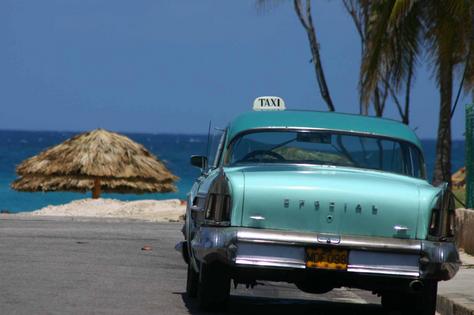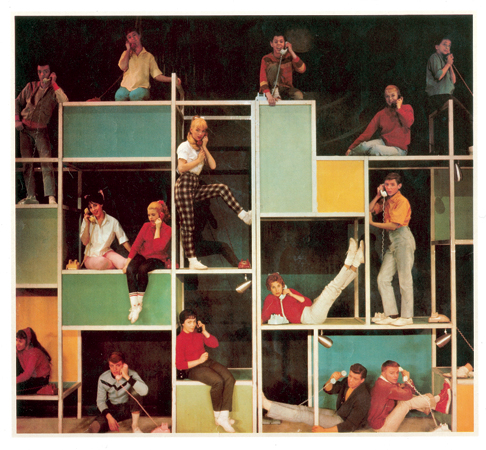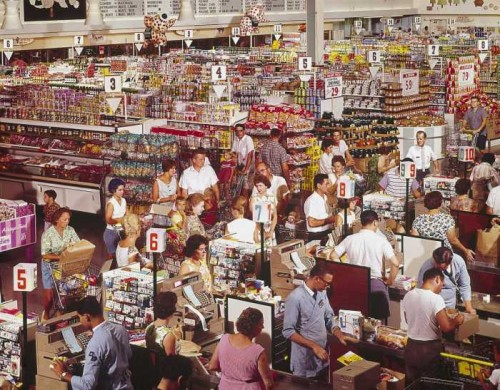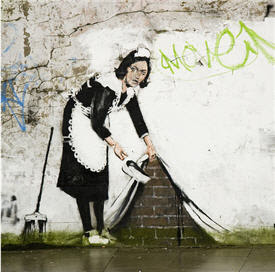
Many survivors my book marked the end of treatment with a trip. Some expensive, most on a shoe-string. Some foreign, others just a refreshing get away to see family or friends. If your thinking of adventure travel, Defy Adventures, a new adventure travel organization for young adult cancer patients. I recently interviewed Micheal Lepage, the founder.
Did you travel prior to having cancer?
No. Beating cancer spurred me to see the world. I have since backpacked Europe, trekked dormant volcanoes in New Zealand, camped in the Grand Canyon, and climbed to the top of the Cristo in Rio, where I asked my wife to marry me.
What were you hardest and most hopeful memories of treatment?
I’d just finished my 12 chemo treatments. Excited to return to school, finish my last semester and graduate, I dragged my parents, siblings, and girlfriend to my appointment. The news was the exact opposite of what I expected; I hadn’t responded well and I needed another four treatments. I felt crushed, embarrassed, and annihilated. My most hopeful memory was a moment of clarity while sitting quietly in nature. I had one more treatment to go and felt sure that my cancer was gone and it was over. My next scan was blank and I was right.
What advice do you have for survivors after treatment?
Take it ridiculously slow. Here’s my formula; Take the total months of cancer treatments, divide it in half, and add 3 months. Plan for that much time to get back on your feet. If you get there sooner, great! But don’t push for it.
Talk about your new organization Defy Adventures.
We help young adult survivors reclaim their lives after cancer. We whisk them off to a remote part of the world to climb a serious mountain in Peru or survive in the jungle. Our expeditions create community, build self-confidence, inspire, and are a total blast.
So, have you taken any memorable trips after your cancer care? Were did you go? Did you get the O.K. from your doc before you traveled? Any tips for survivors wanting an inexpensive vacation? After treatment my friend Lisa Friedman and I went on a shoe-string trip to Costa Rica where we stayed in little beach villages with almost no tourists.
![]()
![]()





 “Everything Changes is, without doubt, the most forthright, emotionally sophisticated, and plain-old valuable book of its kind I've seen.”
“Everything Changes is, without doubt, the most forthright, emotionally sophisticated, and plain-old valuable book of its kind I've seen.”












